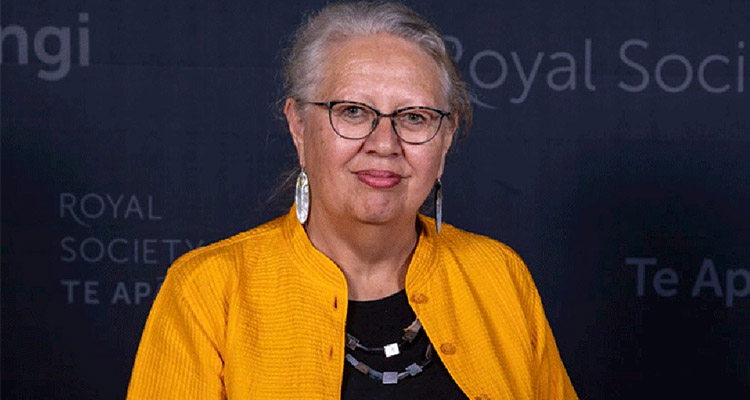
Pacific researchers from Waipapa Taumata Rau, the University of Auckland, are conducting a Pacific-led research project on the population dynamics of the Pacific region with its 13 million population, with regards to climate change as the single greatest threat facing the Pacific.
The research is looking at where and how climate-related events and environmental changes such as cyclones, floods, drought, salination of soil and drinking water, heat stress, and sea level rise, will impact Pacific people’s decisions to ‘stay in place’, or to move, whether within countries, around the region, or beyond, including to New Zealand.
Co-lead of the University of Auckland research team, Professor Yvonne Underhill- Sem MNZM hopes that actionable research findings with a Pacific lens will assist in addressing the serious challenges of climate mobility.
The research aims to better inform government policy making, in support of effective, long-term and sustainable change.
Pacific population increase
A comprehensive report on Pacific population that was released this month, projected the Pacific population to increase to 20 million by 2050, and is the first product of the University’s major Pacific-led research project on climate mobility.
The research first report shows that while Pacific people will move within, as well as away from their countries, a great majority will still be living and adapting to change in their home countries in 2050, and the on-going population growth anticipated in most Pacific communities is expected to more than make up for those who move out of their countries over the next 30 years.
Co-author Emeritus Professor Richard Bedford suggests in the report that looking at five different Pacific population clusters (Western Pacific, Central Pacific, Eastern Pacific, Northern Pacific and French Territories), rather than the traditional three (Melanesia, Micronesia and Polynesia), is a better way to understand the diversity and complexity of the Pacific.
More research reports, policy briefs and digital stories on climate mobility from the University of Auckland research team will be produced this year.
The research has been commissioned by the New Zealand Ministry of Foreign Affairs and Trade, funded with New Zealand’s climate finance.
This research is being carried out by the University of Auckland, the University of Waikato and Mana Pacific Consultants, a research team made up of Pacific researchers with strong Pacific knowledge, methodologies, relationships and networks.



